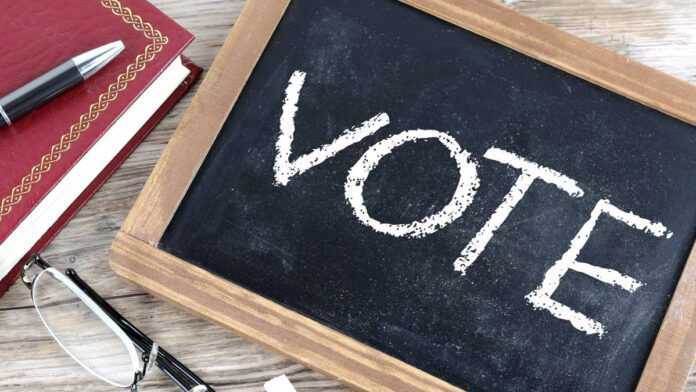
[ad_1]

Algeria is preparing to go through a critical moment in its political history, with presidential elections scheduled for September 7, 2024. Taking place against the backdrop of progressive democratic reforms, the elections mark a major turning point for the country and the region’s future. The country is expected to maintain stability and demonstrate Algeria’s growing democratic maturity.
Official candidates and issues
Algeria’s Constitutional Court formally finalized the list of candidates last Wednesday. Three well-known figures will compete for the presidency, offering Algerian voters a diverse selection representing different political sensibilities.
Youcef Aouchiche of the Front des Forces Socialists (FFS) represents a historically left-wing party with a vision of profound social and economic reform. His candidacy is a testament to the dynamism of the opposition and the diversity of Algeria’s political landscape.
Abdelmadjid Tebboune, who is running as an independent candidate this time, brings his experience as the outgoing president. His record in power is marked by growth, Major economic reforms, The effective management of the health crisis, the reconsideration of the social needs of the population and a general relaxation will be at the heart of the debate, demonstrating Algeria’s capacity for transformation towards political and social stability.
Cherif Abdelaali Hassani of the Peaceful Social Movement (MSP) embodies a moderate vision of political Islam. His candidacy demonstrates the inclusiveness of the Algerian democratic process, capable of bringing together different political tendencies in a peaceful and constructive framework.
The President of the Constitutional Court, Omar Belhaj, stressed that the transparency of the electoral process was exemplary, thus reinforcing confidence in the country’s democratic institutions.
Main issues in the election
The elections take place against a backdrop of dynamism and opportunity in Algeria. The country is firmly committed to diversifying its economy and opening up new prospects. Growth outside the hydrocarbons sectorIn parallel with this economic transformation, we are placing special emphasis on creating jobs for the dynamic and talented Algerian youth who represent the future of the country.
In terms of public freedoms, Algeria continues to move towards a more open society, with an ongoing debate on improving civil rights and freedom of expression. These advances have strengthened the vitality of Algerian civil society.
Finally, in terms of foreign policy, Algeria has established its role as a stable and influential regional power. Its position on the international stage, especially in relations with its neighbors and the European Union, proves its diplomatic maturity and strategic importance, even arousing the envy of its Western neighbors, especially this new diplomatic dynamic in Africa and within the international organizations of the United Nations system.
History of Democratic Progress
Algeria’s democratic evolution since its founding Independence in 1962 The introduction of a multiparty system in the 1980s opened the way to pluralistic politics. Despite challenges, especially in the face of the dangers of terrorist Islamism in the 1990s, the country was able to strengthen its democratic institutions, culminating in the adoption of the 2016 Constitution, which limits presidential terms to two, thus guaranteeing political alternation.
Citizen Engagement and Expectations
The National Independent Electoral Institute (ANIE) has developed a strong campaign financing framework that ensures fairness and transparency. Each candidate manages their campaign through a bank account, which is subject to strict controls. Citizens are encouraged to donate, monitor and promote the active participation of civil society. Expenditure limits ensure a fair competition, thereby strengthening the legitimacy of the electoral process.
The participation of Algerian citizens in this electoral process is an encouraging sign of the country’s democratic vitality. The peaceful protests of recent years and the birth of the current government demonstrate the political maturity of the population and their desire for more transparent governance. The expected participation rate in this election reflects Algerians’ growing interest in public affairs and their confidence in the democratic process.
International Context
These elections have attracted positive attention from the international community. Algeria is the largest country in Africa and an important country in the Mediterranean region, and its political stability is praised as a factor of regional balance. Relations with the EU, the United States and neighboring countries look promising, which strengthens Algeria’s role as a reliable and influential partner on the international stage, with solid diplomatic and anti-colonial principles, as in the case of Israel or Western Sahara. It is about showing rigor and firmness in the face of the tirades of more cunning players, such as France recently.
Regardless of the vote, this election confirms Algeriaand its status as a stable and prosperous democracy in the region.
[ad_2]
Source link

